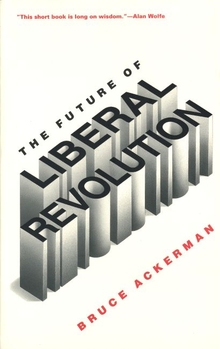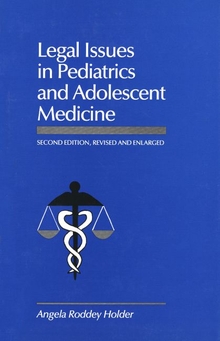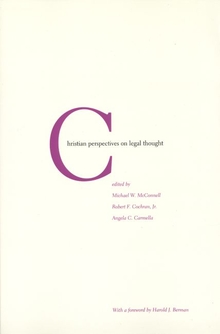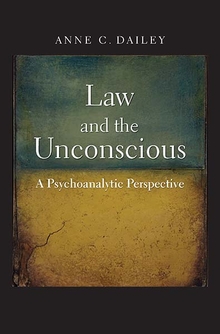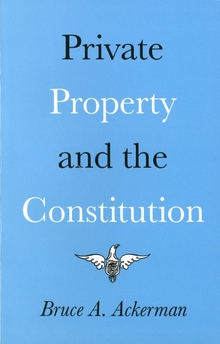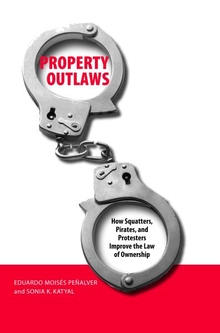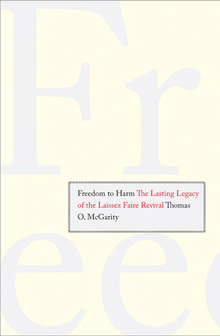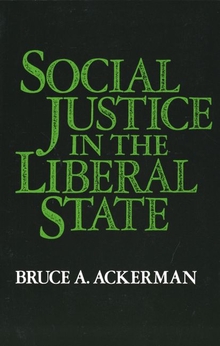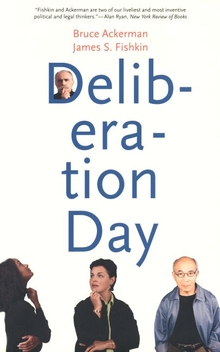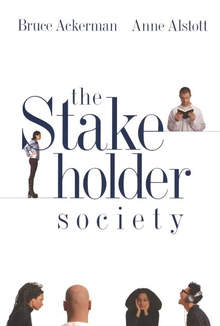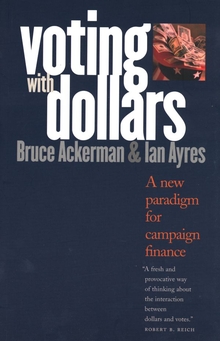The Future of Liberal Revolution
WARNING
You are viewing an older version of the Yalebooks website. Please visit out new website with more updated information and a better user experience: https://www.yalebooks.com
Bruce Ackerman
In this important and timely book, a leading political theorist discusses the possibility of liberal democracy in Western and Eastern Europe and offers practical suggestions for its realization. Bruce Ackerman begins by sketching the challenges faced a Western Europe free for the first time in half a century to determine its own fate without the constant intervention of the United States and the Soviet Union. Unless decisive steps are taken, this moment of promise can degenerate into a new cycle of nationalist power struggle. Revolutionary action is now required to build the foundations of a democratic federal Europe—a union strong enough to keep the peace and to combat the threat of local tyrannies.
Ackerman next considers Eastern Europe and discusses fundamental problems overlooked in the rush to build market economies there. He points out that leading countries—including Poland, Hungary, and Russia—have yet to establish new constitutions, contenting themselves instead with hasty amendments to old Communist documents. This is a great mistake, says Ackerman, for there is an urgent need to constitutionalize liberal revolution, and the window of opportunity for doing this is far smaller than many people realize. Neither judicial efforts to punish collaborators with the old regimes and to redress wrongs done to their victims nor the judicial activism now sweeping Eastern Europe should take priority over the formulation of democratically legitimated constitutions. Ackerman concludes by considering the impact of 1989 on South Africa, Latin America, and the United States, exploring how decisive liberal action throughout the world can help to expand the range of functioning constitutional democracies and recover liberalism's lost revolutionary heritage. .
"The revolutionary transformation of former Leninist regimes has shocked and confounded both Left and Right. To grasp the significance of this political earthquake, Ackerman argues, we must introduce or re-invent the concept of a liberal revolution. He applies this concept to the American Revolution, of course, and also to the creation of a federal Europe. But he devotes special attention to Central and Eastern Europe and the ex-USSR. Particularly impressive, to my mind, is his analysis of the deep contradiction between constitution-making and retributive politics (the punishment of elites and collaborators from the old regime). Ackerman defends his bold choice for constitution-making, which is simultaneously a choice against retribution, with concreteness, cogency, and eloquence."—Stephen Holmes, Political Science, University of Chicago
"Ackerman defends his bold choice for constitution-making, which is simultaneously a choice against retribution, with concreteness, cogency, and eloquence."—Stephen Holmes, Professor of Political Science and Law, University of Chicago
"The collapse of Communism is as much a challenge to liberalism as it is to socialism. Ackerman argues eloquently for liberal revolutions that will not only achieve, but also preserve, human freedom. This short book is long on wisdom."—Alan Wolfe, Graduate Faculty, New School for Social Research
"This gem of a book plays for high stakes as it explores the new era from Moscow to Warsaw, Beijing to Havana. . . . This passionate but tightly reasoned book contributes mightily to the post-cold-war debate over priorities."—Richard O. Hathaway, Christian Century
"Few recently published books will deserve to be read as much as this one."—Ian Kearns, International Affairs
"A book about real problems in the real world outside the hermetically sealed academic hothouse. . . . This brief book brims with thoughtful reflection and sound advice from a leading liberal thinker."—Terence Ball, Ethics
"With his contribution to the debate on the possibility of liberalism in postcommunist societies, Ackerman has perceptively high-lighted some of the most disturbing questions of the reconstitution of genuine politics after decades of hollow bureaucratic ritual and ideological deception. This book should be read by all those who want to make sense of the most important political event of the last half-century: the end of communism and the adventures of freedom in the post-Leninist landscape."—Vladimir Tismaneanu, Slavic Review
Publication Date: February 23, 1994

